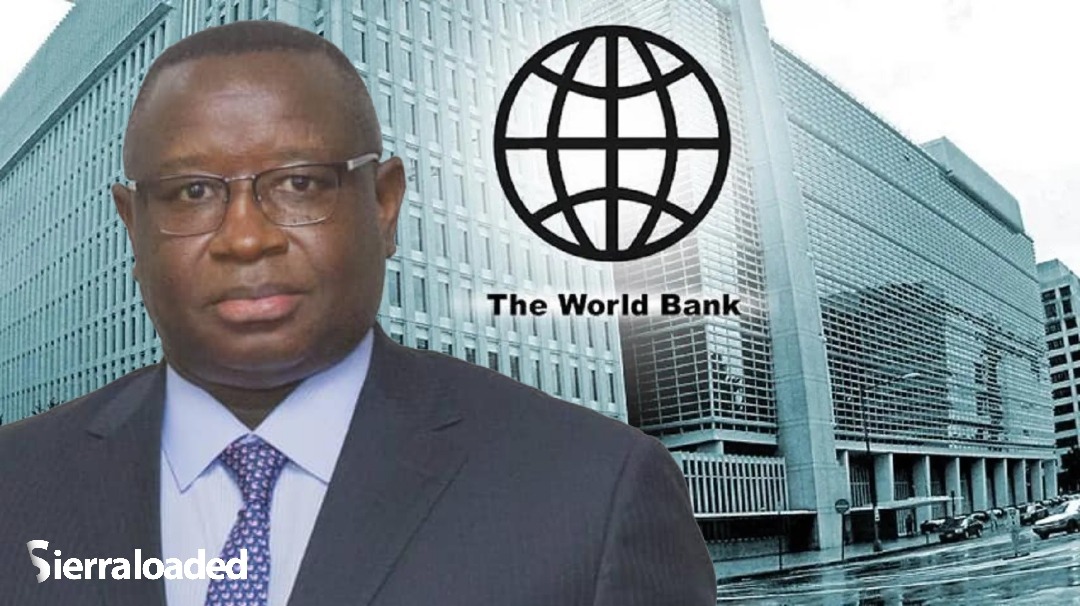The World Bank has on Tuesday March 8, 2022 approved a $40 million International Development Association (IDA) grant to support improved access to social safety nets and income generating opportunities for over 176,000 beneficiaries, including women, youth and persons with disabilities.
The Productive Social Safety Nets and Youth Employment Project will provide consumption support to rural extreme-poor households, introduce a package of economic inclusion services to help build a foundation for transiting extreme-poor households out of poverty, support youth engagement in rural and urban areas through productive public works, and provide opportunities to urban youth through entrepreneurship grants and training. The Project will also continue to strengthen the delivery systems and institutional capacity for project management, implementation, and coordination for future implementation of programs related to social protection and jobs in the country.
“The social safety net system in Sierra Leone is proving very effective in reaching the poorest families whose situation has been worsened by the negative impact of COVID-19. Cash transfers help poor families to invest in better food, education and preventive health care of their children, thus contributing toward building the human capital of these children,” said Abdu Muwonge, World Bank Country Manager for Sierra Leone.
“This financing will build on the existing Social Safety Net project; it will help expand the coverage of the program and contribute toward improving the access of poor households to health and education services, particularly for women, youth and persons with disabilities.”
Sierra Leone has a high proportion of youth who are not in education, employment, or training, with female youth and youth with disabilities the most affected. The country was one of the first to implement a World Bank-financed cash transfer in response to the onset of COVID-19. Under the Emergency Cash Transfer (ECT) program, the Government provided one-off cash payments to nearly 65,000 vulnerable informal sector workers in the country. In addition, through the swift restructuring of the Social Safety Net project in response to the COVID-19 crisis, the Government is also providing regular consumption support to 65,000 extreme-poor households, including persons with disabilities, in rural and urban areas.
Recent quantitative and qualitative analysis shows that cash transfers have been effective at reducing poverty and helping to improve human capital outcomes of beneficiary households, and in reaching the population most likely to be vulnerable to climate change. The analysis finds that beneficiaries mainly use the transfers to cover school expenses (44 percent) and to buy more and quality food (40 percent).
“Building on the instrumental role played by the social protection programs to shield the extreme-poor households and vulnerable informal sector workers from the negative economic impacts of COVID-19, this operation will help lay the groundwork for a strong and resilient recovery in Sierra Leone,” said Junko Onishi, Senior Social Protection Specialist and Task Team Leader.
The Productive Social Safety Nets and Youth Employment Project will provide much needed technical and financial support to the Government to advance the agenda of social protection and jobs in the country. It will also support labor-intensive public works to upgrade sanitation infrastructure and improve climate change mitigation and adaptation in rural and urban areas.
The project will support youth-owned enterprises in Bo, Kenema, Makeni, Port Loko, and Freetown in getting access to business grants and training opportunities and creating a platform that allows youth to access livelihood, training, and empowerment opportunities in the labor market.











